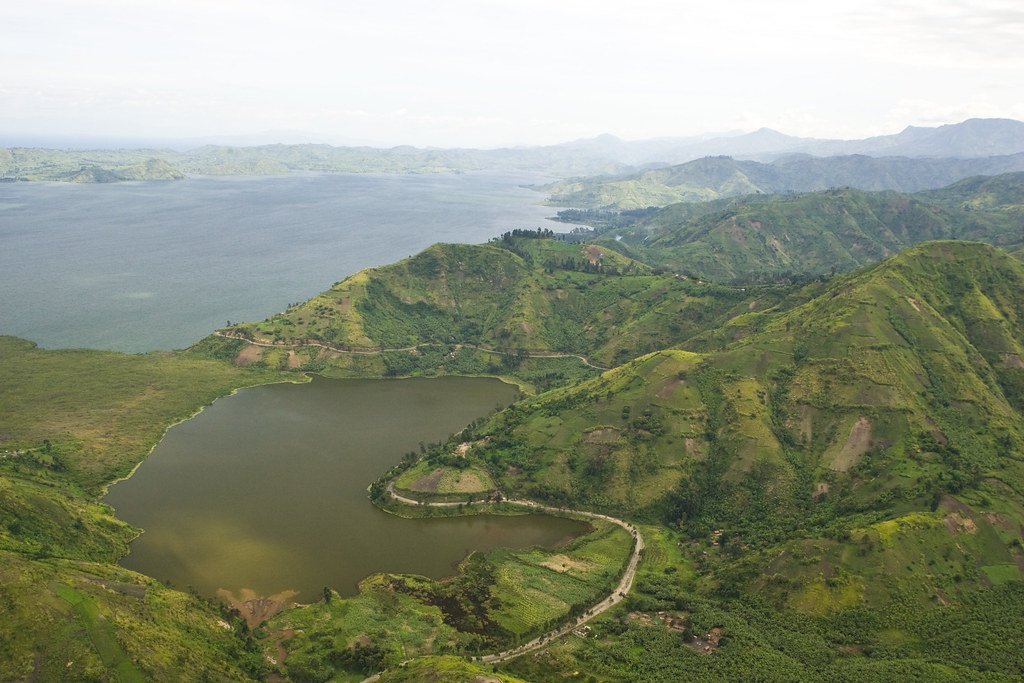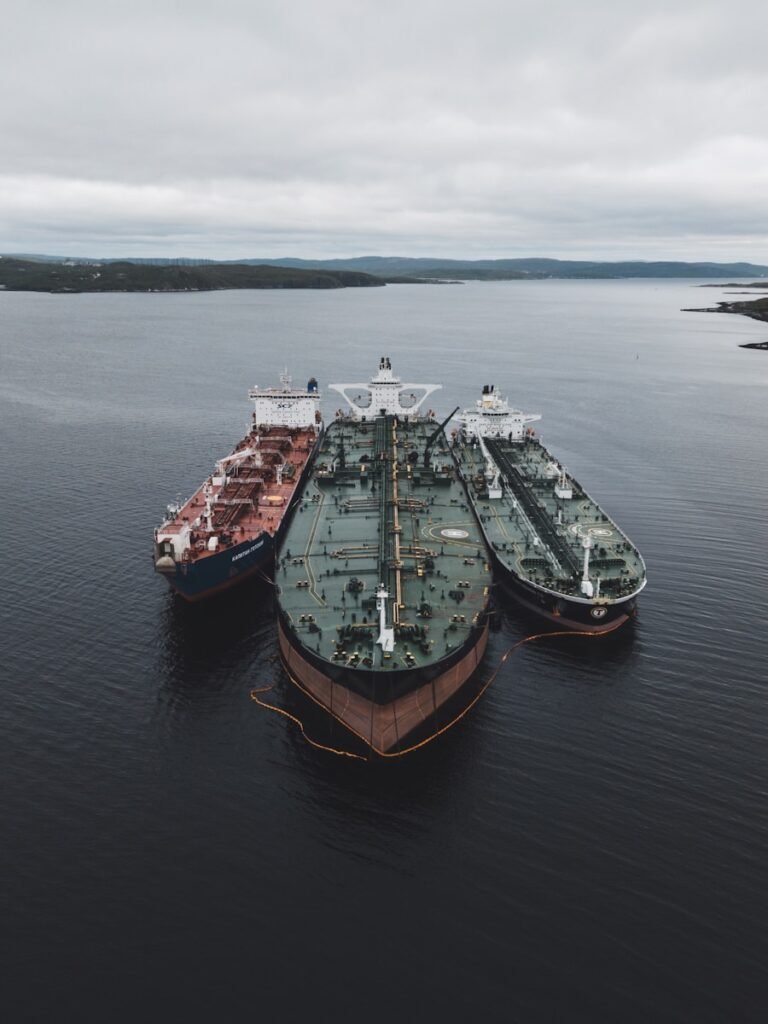
RIO DE JANEIRO — Brazil has authorized state-owned oil company Petrobras to commence drilling for oil near the Amazon River’s mouth, which has sparked significant backlash from environmental organizations just weeks ahead of the COP30 climate talks scheduled in the Amazon city of Belém.
Reported in the Guardian, the exploratory drilling is set to occur in the Foz de Amazonas basin, a delicate offshore region located roughly 500 kilometers (310 miles) from the mouth of the Amazon River and 160 kilometers from the northern coastline. The drilling will reach depths exceeding 2,800 meters (9,200 feet) and is part of a longstanding initiative by President Luiz Inácio Lula da Silva, who contends that oil revenues are crucial for financing Brazil’s climate transition.
Petrobras has announced that drilling operations will commence immediately and are expected to continue for about five months, following a protracted five-year legal and regulatory struggle. The oil company stated that it has adhered to all environmental regulations established by Ibama, Brazil’s environmental agency.
Conservationists Say Lula’s Climate Reputation Is at Risk
Environmental organizations and conservationists accuse Lula of undermining his global image as a climate leader. The Climate Observatory, a Brazilian NGO, said civil society groups plan to challenge the license in court, citing “illegalities and technical flaws” in the approval process.
“The decision is disastrous from an environmental, climate, and sociobiodiversity perspective,” the organization said, accusing Lula of sabotaging Brazil’s credibility ahead of the UN climate summit.
Critics warn that oil drilling near the world’s largest tropical rainforest poses significant threats to marine biodiversity and nearby Indigenous communities.
Internal Disagreements Within Brazil’s Environmental Agency
The decision also reveals underlying conflicts within Ibama. In 2023, the agency first denied Petrobras a license due to inadequate oil spill response strategies and the area’s significant ecological sensitivity. A team of 29 technical staff from Ibama once more advised against granting the license in February 2025, cautioning about “massive biodiversity loss” and describing the site’s conditions as “very challenging” because of storms and strong ocean currents.
In spite of these warnings, Ibama president Rodrigo Agostinho overturned the recommendation and permitted a crucial oil spill simulation to take place in May. By September, the agency greenlit a pre-operational assessment, even though Petrobras had not completely proven its capability to safeguard marine wildlife in the event of a spill.
A new simulation aimed at evaluating wildlife protections is anticipated to occur after drilling commences.
A High-Stakes Gamble
The Foz de Amazonas region is viewed as part of a new offshore oil frontier, especially with nearby Guyana emerging as a significant oil producer in recent years. Lula and Petrobras regard the project as a potential boon for Brazil, but the timing is politically delicate, as the country is under global scrutiny while preparing to host COP30.
Conversely, environmentalists perceive it as a perilous wager that could irreparably harm both the Amazon ecosystem and Brazil’s environmental reputation on the international stage.



